The current border impasse between Guyana and Venezuela is yet another example of United States imperialism’s design to expand and usurp countries’ natural resources around the world and reinforce their geopolitical agenda. The hegemonic stranglehold of the United States and their multinationals, are challenged by China and Russia mainly, with Saudi Arabia following as “runner up.” The point which seems to be avoided in this discourse is the fundamental role that is being played by imperialism: securing, expanding, and reinforcing the dictates of capital, through the multinational ExxonMobil, on behalf of the United States. Guyana, without offering any resistance has kowtowed to capital and is just another promoter of imperialism in “black face.”
Another point that seems to be overlooked is, a lot of these borders were established and or modified by the colonial powers, whether it be Spain, Portugal, France, the United States and in this case the British. The Essequibo region belonged to the Spanish Captaincy of Venezuela in the 1800’s, and had been in dispute with the British looking for a foothold in South America. On Guyana securing independence from Britain in 1966, the “agreement” was that the Essequibo region would be a “neutral” zone for both countries and no exploration would be carried out in the region. This “agreement” although fragile was in-place up to 2015 when ExxonMobil announced that it had found oil off the Guyanese coast. That at face value sounds like good news, but it presents serious ramifications for the environment and the people of Guyana. What should not be overlooked also is that just like the NATO/Ukraine conflict to encircle, destabilize, and force Russia into a militarily offensive position, the United States/ExxonMobil is using Guyana to destabilize and effect regime change in Venezuela.
Why The United States Hate Venezuela
Socialism is being built in Venezuela through the Communes. The Bolivarian revolutionary process initiated by the late President Hugo Chavez is continuing, despite numerous socio-economic challenges worsened by the United States, and other imperialist countries imposed sanctions against Venezuela. The late Venezuelan president Hugo Chavez, first established the Commune in 2005, which he described as a “superior form of political organization.” The Communes are self-organized community cooperatives, formed by the citizens of the respective region. They engage in varied economic development projects including food production and distribution, pharmaceuticals, education, housing, and a women’s social center, among others. The surplus derived from the Communes’ economic endeavors, is what is used to provide these social programs. The success of these communes to-date have proven the effectiveness and socio-economic benefits of opting for a path of non-capitalist development. This ideological theory and practice cannot be allowed to flourish; United States imperialism will not allow this to continue and will endeavor to crush and defeat the progressive social transformative process.
The ExxonMobil “Takeover” of Guyana
Guyana is not a socialist or even a Democratic Socialist country; Guyana is not pursuing a path of non-capitalist socio-economic development. United States imperialism has assiduously made several attempts to either overthrow or assassinate Venezuelan President Nicholas Maduro: The imposition of unilateral sanctions against Venezuela, including the seizing of billions of dollars in oil revenues; the support of the political non-entity Juan Gerardo Guaida who proclaimed himself president; the failed drone assassination attempt against President Maduro in August of 2018; and in 2020 it was reported that a former US Army special forces member, was involved in organizing a group of Venezuelan dissidents for a military invasion of Venezuela, that would capture the capital Caracas within 96 hours.
With the discovery of oil in the Essequibo region, the imperialist powers want unrestricted access and material and political control of the area and its resources. The United States, Britain, France, and Canada are “piling up” over each other for control of the oil-rich Essequibo. The function and influence of capital must be unfettered. Having a government that panders to the interests of capital, is critical in the acquisition and control of natural resources. Venezuelan ownership poses a threat to capital; Guyana is a willing pawn in this geo-political conflict. There-in lies the basis of the hostility towards Venezuela and the basis of “handing over” Guyana to United States imperialism through its multinational, ExxonMobil.
The late Jamaican economist Dr. Norman Girvan, in his book “Corporate Imperialism: Conflict and Expropriation,” wrote extensively on the disproportionate arrangements between the multi-nationals and the respective local governments: “…the strategy for operational conditions is to minimize and stabilize state regulation and intervention.” At the outset, the local government is “negotiating” with an entity with superior material and financial resources; well trained and experienced technical personnel and the backing of their “home” government. “In effect, the state represents an irritating nuisance to the corporation. Its influence must be eliminated or neutralized or stabilized or – best of all – turned to the service of the corporations,” Girvan.
“In Guyana, it’s become hard to distinguish where the oil company ends and the government begins. Exxon executives join the Guyanese president in his suite at cricket matches, and the vice president regularly hosts press conferences to defend the oil company. Vincent Adams, a Guyanese petroleum engineer and former head of the country’s EPA, has been one of the agency’s harshest critics.” From The Intercept June 18, 2023. It is well documented that the rewards received by these multinationals are significantly disproportionate to the investments made. To “borrow” from Girvan: “economic imperialism does create great wealth, but for others outside of the respective country.” To the unsuspecting Guyanese and from published reports, ExxonMobil is a “godsend;” the creation of jobs and other meager economic upturns, are seen as the panacea for overall long-term socio-economic development. No one raises the critical question of economic structure; the intrinsic exploitative nature of capitalism.
Anti - Imperialist Resistance Needed in Guyana and CARICOM
Imperialism is still a global phenomena and the hegemonic “spheres of influence” are being challenged and replaced. The global crisis of capitalism marked by the overproduction of certain products; rising inflation; restrictive access to raw materials and natural resources, caused by progressive social movements coming to power in some countries in the “global south;” changes in the currency standard for international financial transactions; the Climate Crisis and the increased push to move away from fossil fuels, and the increasing popularity of renewable energy sources; forces a desperation for capital’s survival and a creativity on the part of the “captains of capital,” to adapt to these new conditions.
They must find ways to further infiltrate and dominate developing countries, in order to stem the flow of progressive movements. Along with the classic cases of invasions, destabilizations, and political assassinations, there are more subtle ways that the imperialists through their multinationals get a foothold on the respective countries. One of the most effective is their involvement in the cultural life of the country. They sponsor cultural events, donate, or set up cultural programs all aimed to divert attention from their exploitative presence in the country. ExxonMobil’s involvement in Guyana cricket is no coincidence; it has a financial and by extension political intent, it provides a comfortable environment for capital and deflects dissent.
It is welcomed news that the Guyana Attorney General Anil Nandlall announced that there is no plan for Guyana to host a US military base; the United States has reportedly discussed with Guyana the establishment of a military base in the country. However, Guyanese President Irfaan Ali had intimated at the mediation talks in St Vincent, that Guyana would “encourage cooperation” with its allies to defend their perceived territorial encroachment. There must be no military intervention in this matter by the United States or any of the other imperialist powers; there must be no military involvement or intervention by any of the CARICOM member states, in this matter.
In the long run, it is in the interest of Guyana and Venezuela to discuss and resolve the territorial impasse, without the use of or threat of force. Such actions only serve to escalate an already tense situation and worst, prepares the conditions for direct imperialist intervention and possible invasion. Although a primarily internal matter, forty years have not erased the memory of Grenada. United States imperialism used an internal conflict as a pretext to invade Grenada and crush a revolutionary process; this must not be allowed to happen to Venezuela through Guyana. It is time for the progressive leadership of Guyana to study and enlighten itself on the machinations of imperialism; it must educate, mobilize, and organize for an anti-imperialist mass movement, which will resist and not allow their country to be used as a “pawn” in the proxy economic and geo-political “war” against Venezuela.

Bodyguards protect President Maduro during drone attack - Photo: @XHNews/Twitter
Guyana, Venezuela, CARICOM member states, and in fact the global community, faces a common enemy, imperialism. It was imperialism that caused enslavement; it was imperialism that produced colonialism and neo colonialism’s plunder and exploitation of natural resources; it is imperialism that is still responsible for the technological and socio-economical underdevelopment of the “global south;” it is imperialism’s gluttony and insatiable appetite for the control of natural resources and the relentless pursuit of profits, which has threatened world existentialism, the Climate Crisis. Only the defeat of imperialism nationally, regionally, and globally can rid and save humanity from the scourge of this evil.

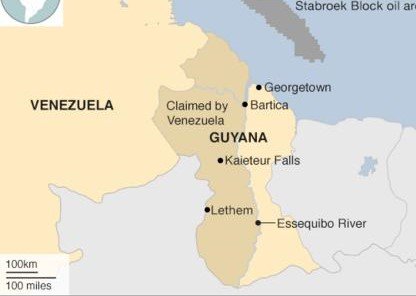

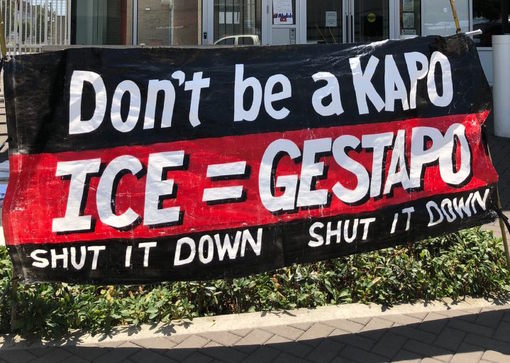
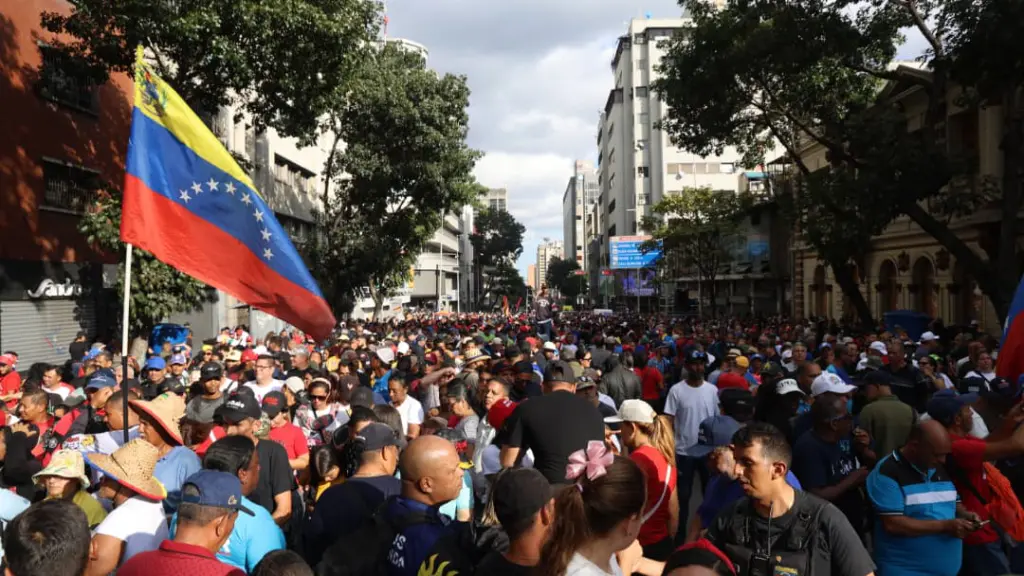


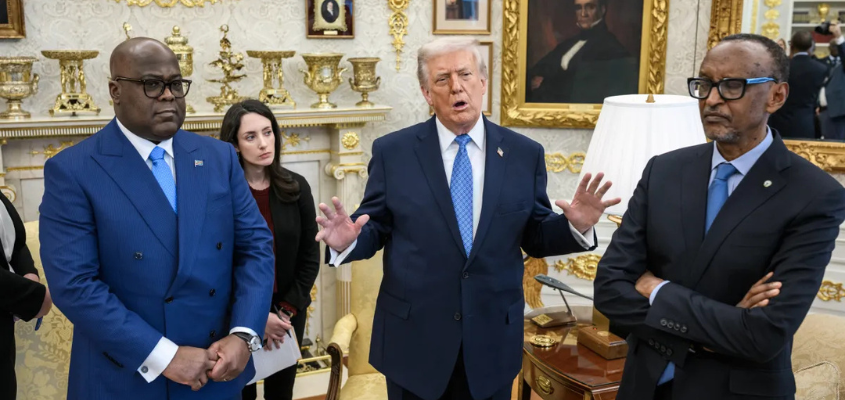
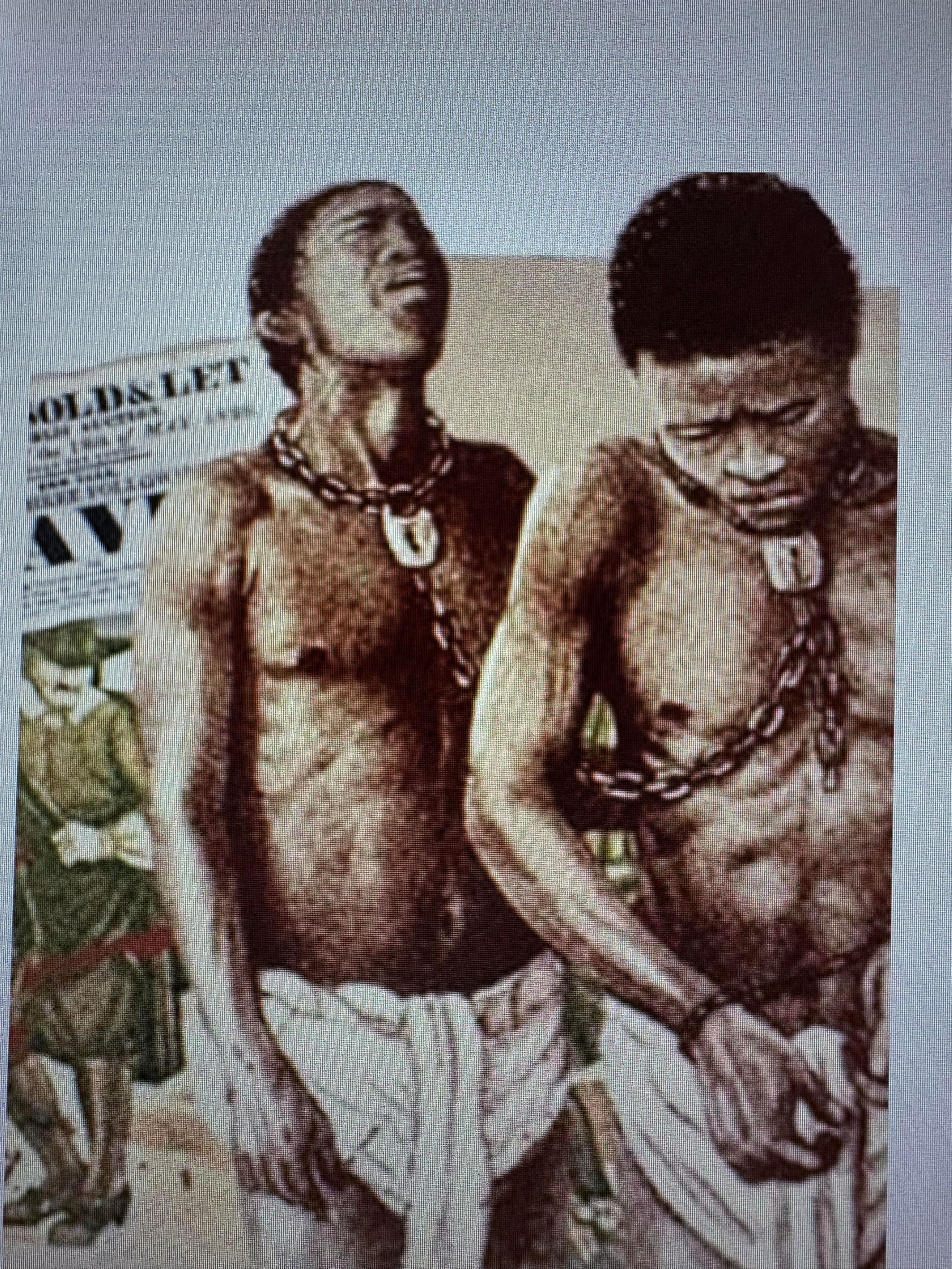

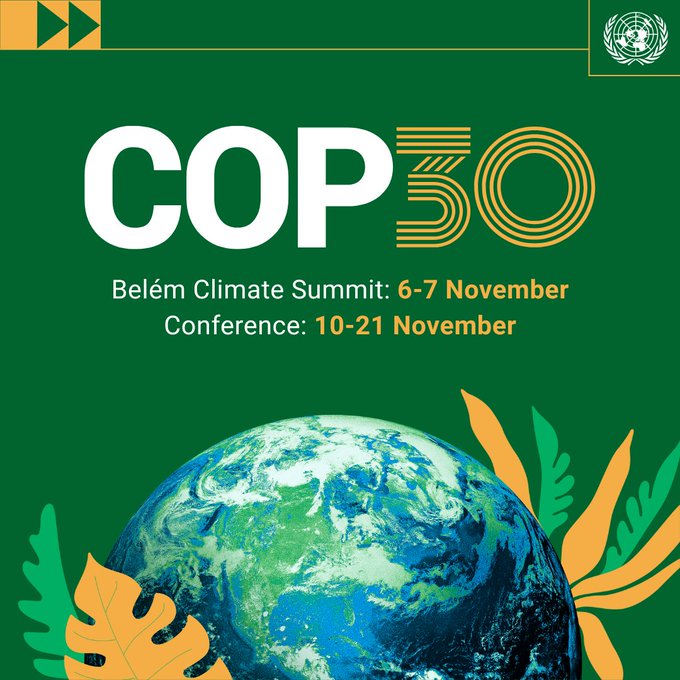

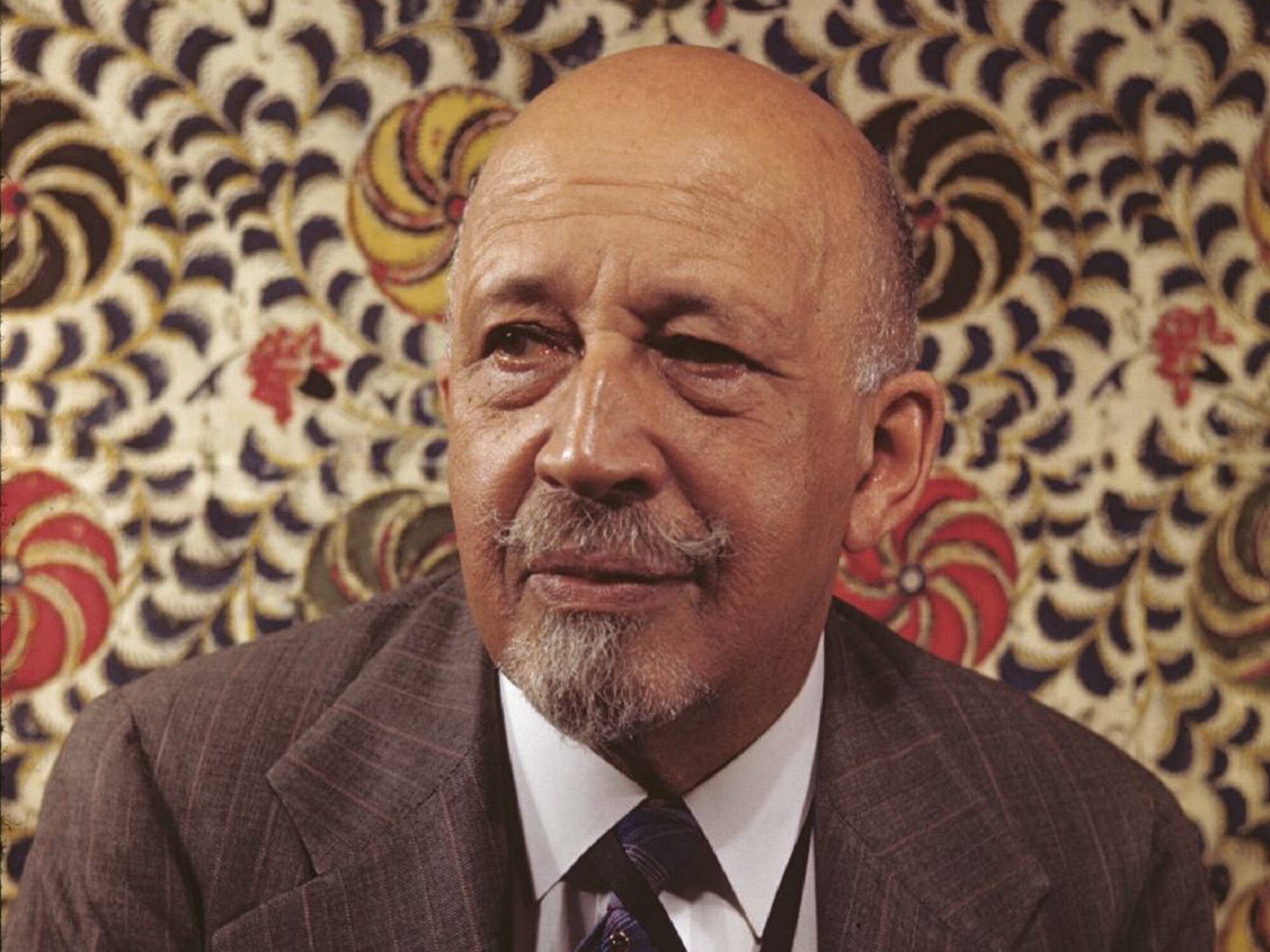

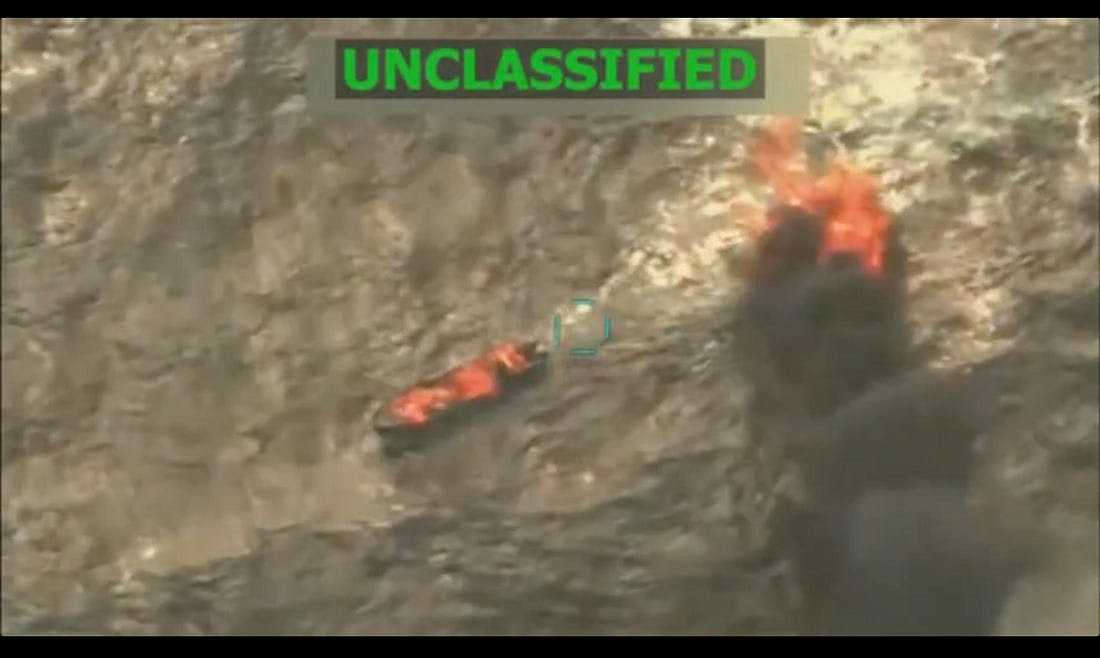



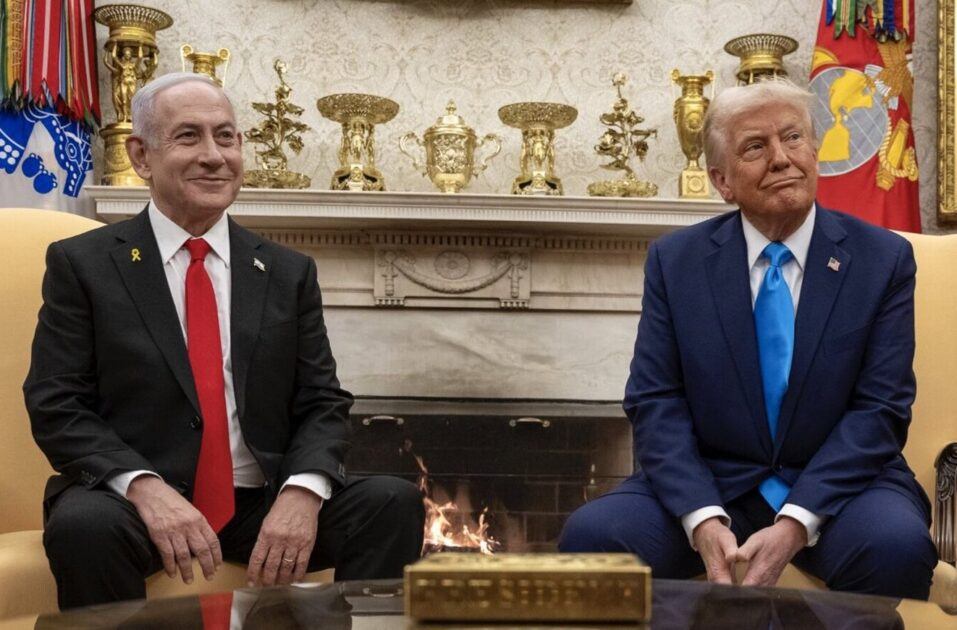
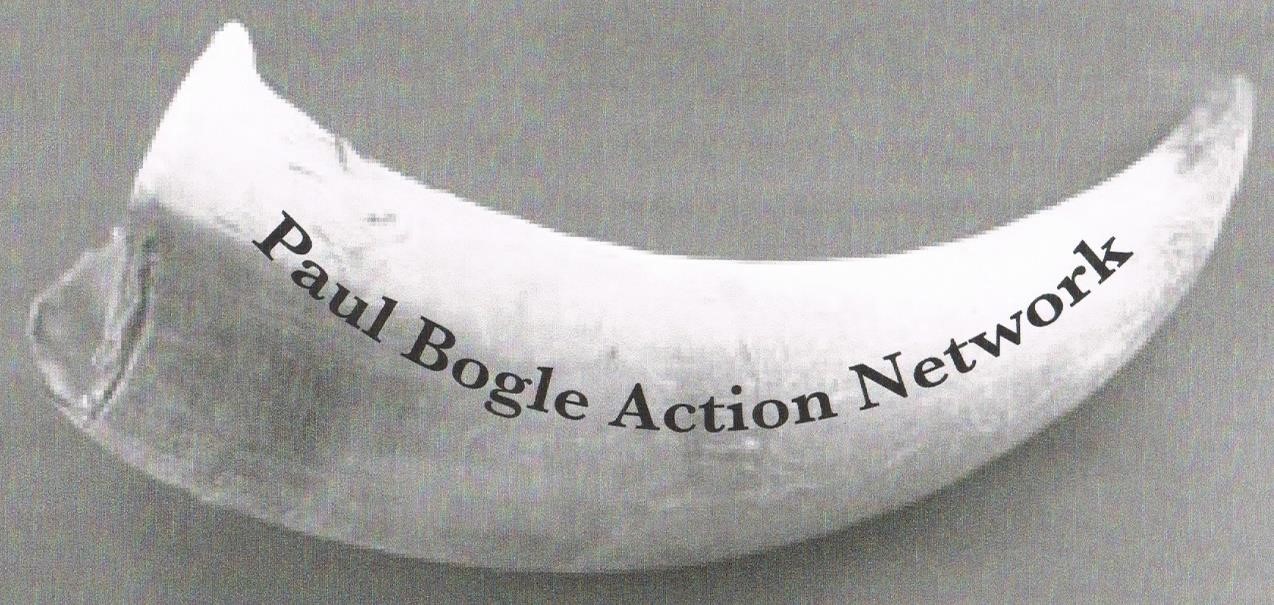
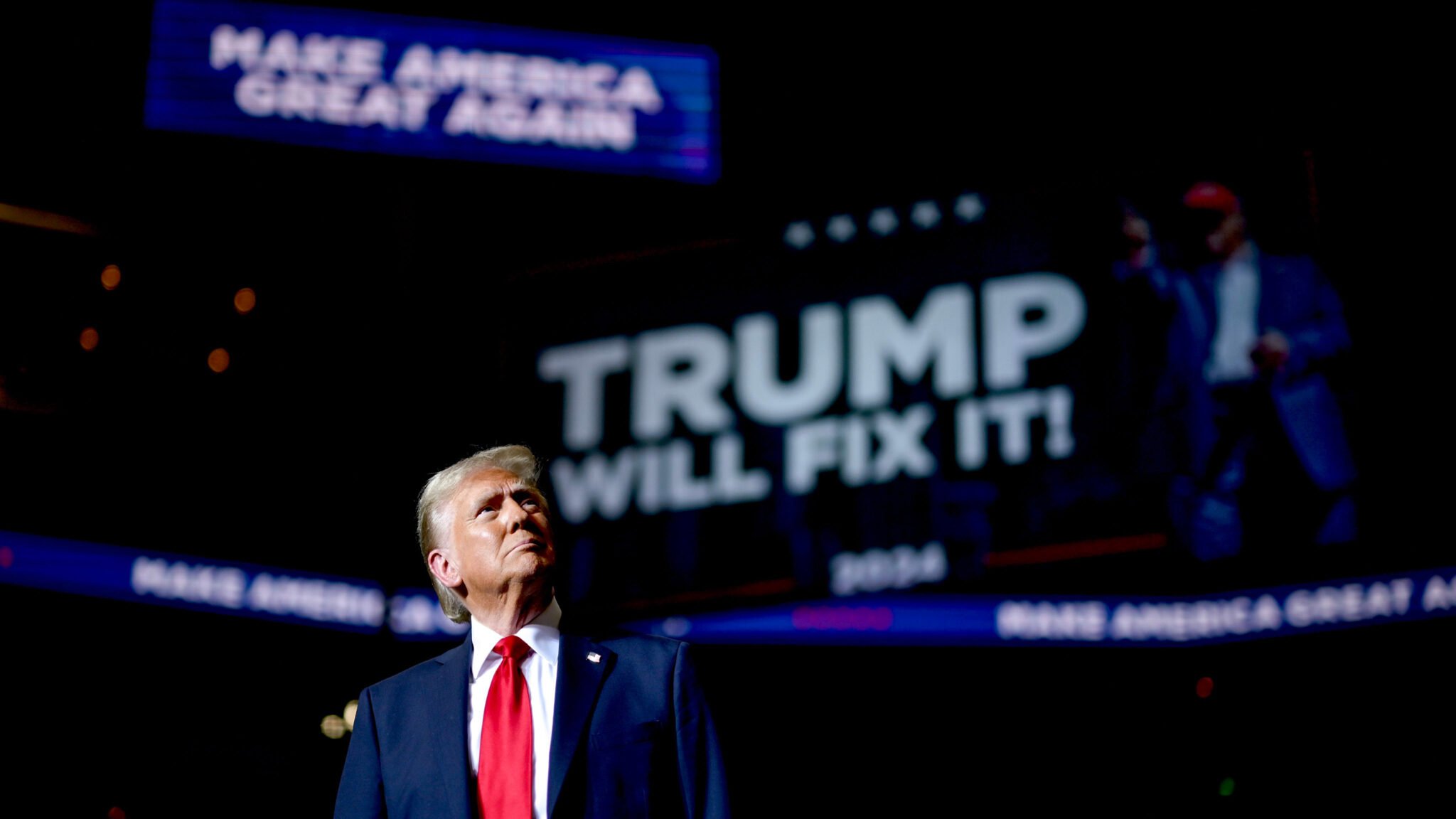
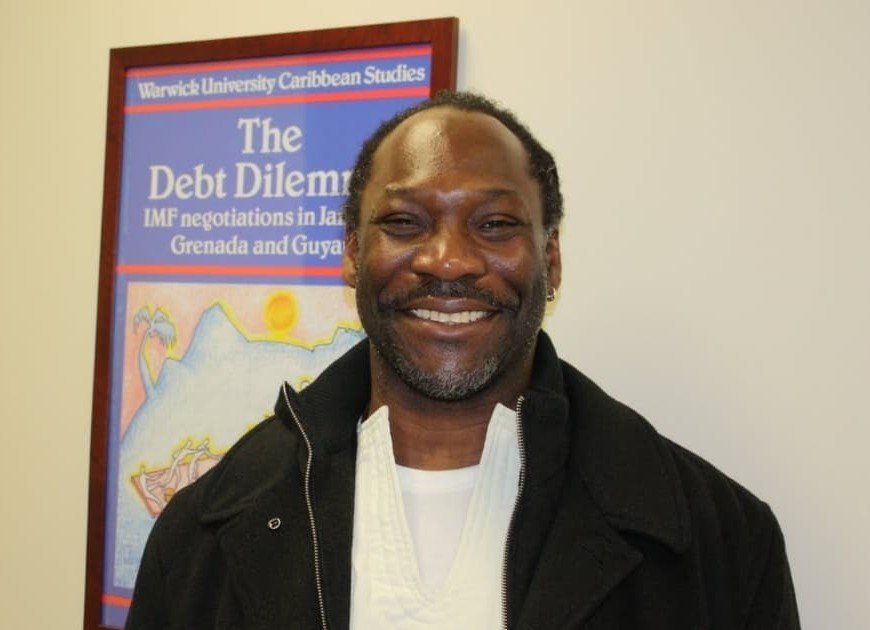
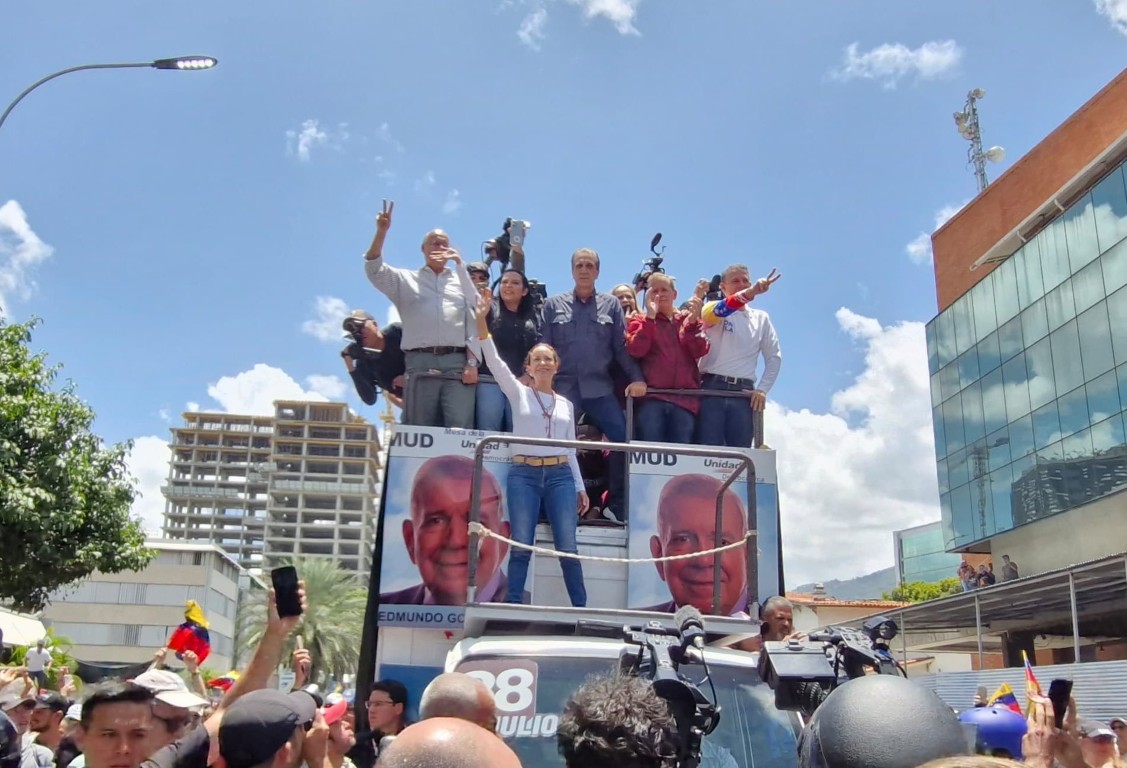
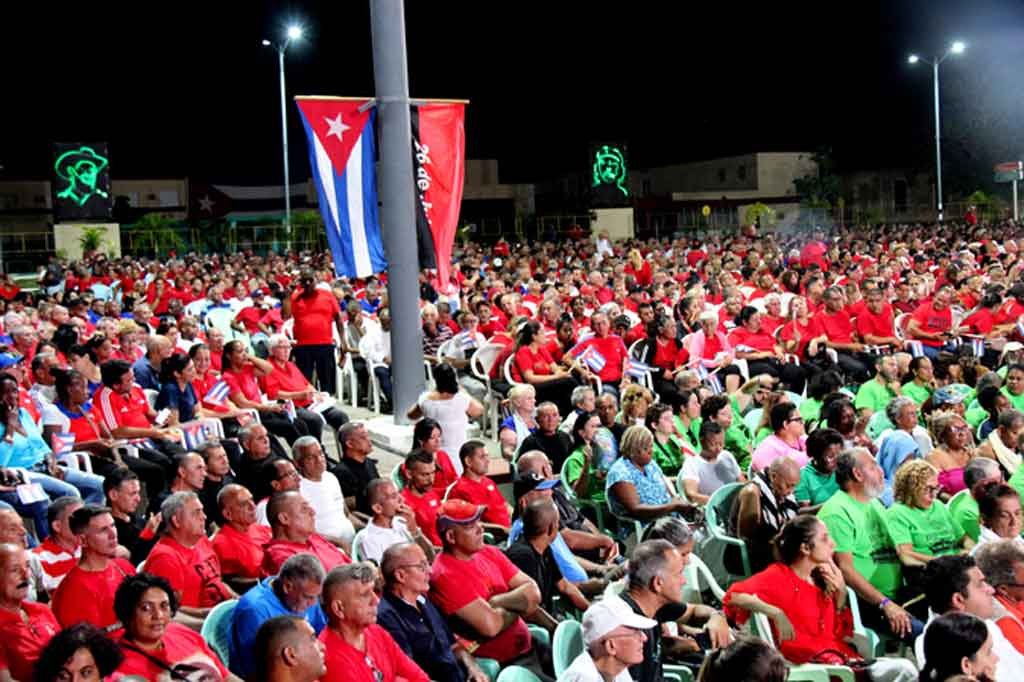
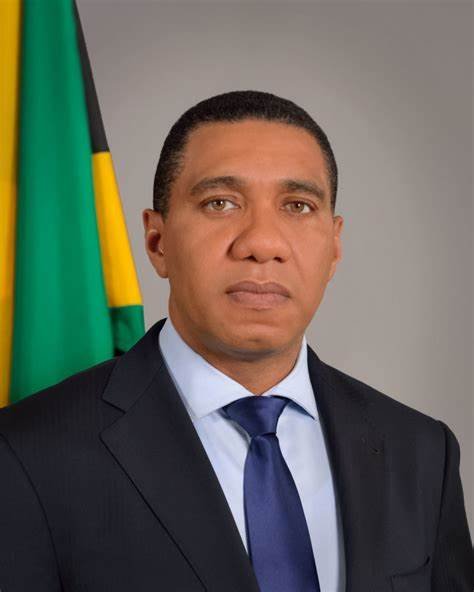

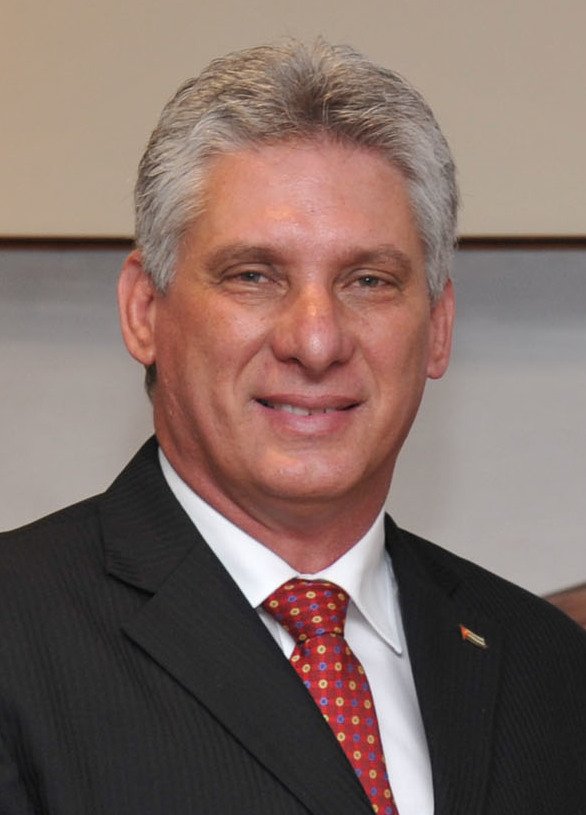

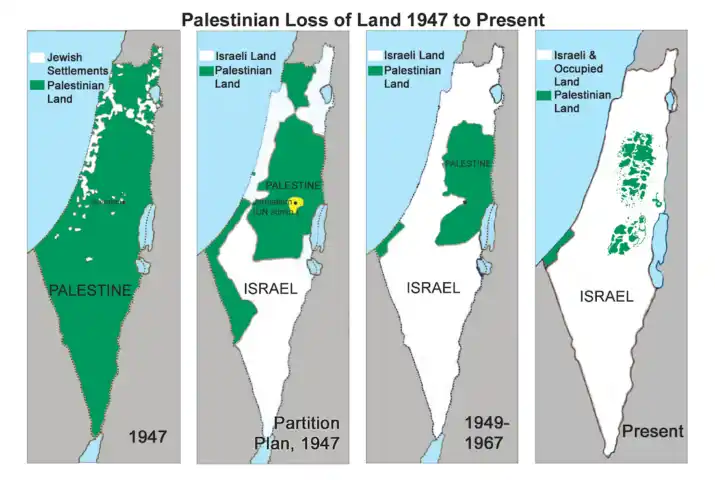
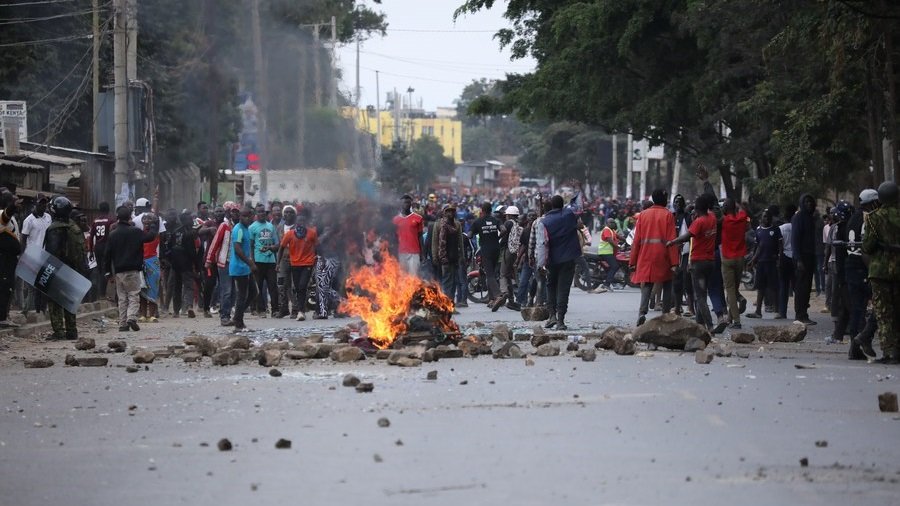
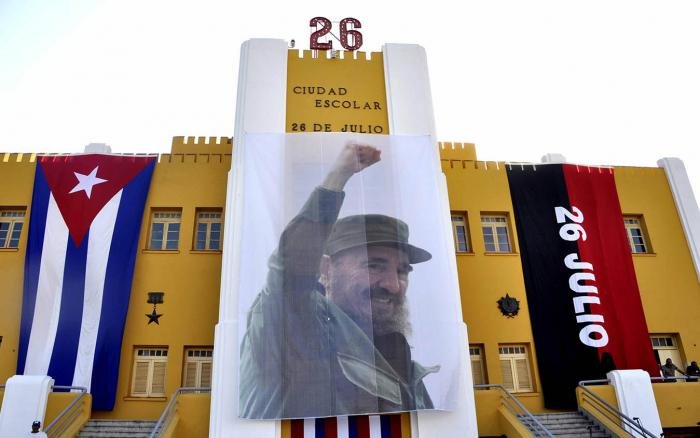
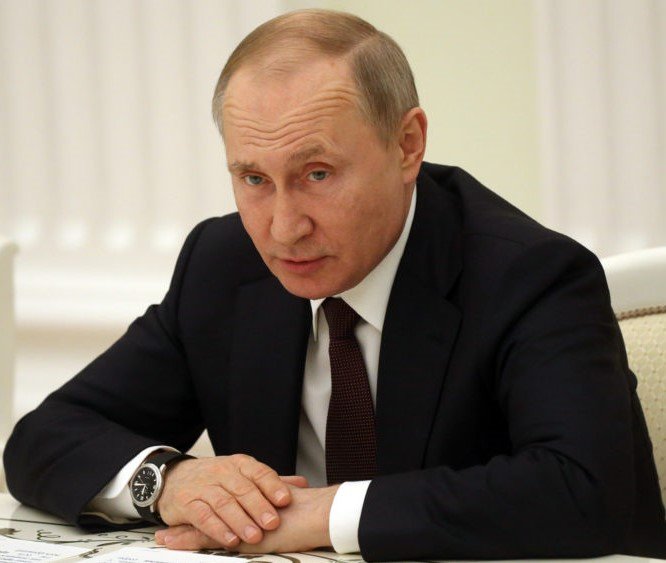

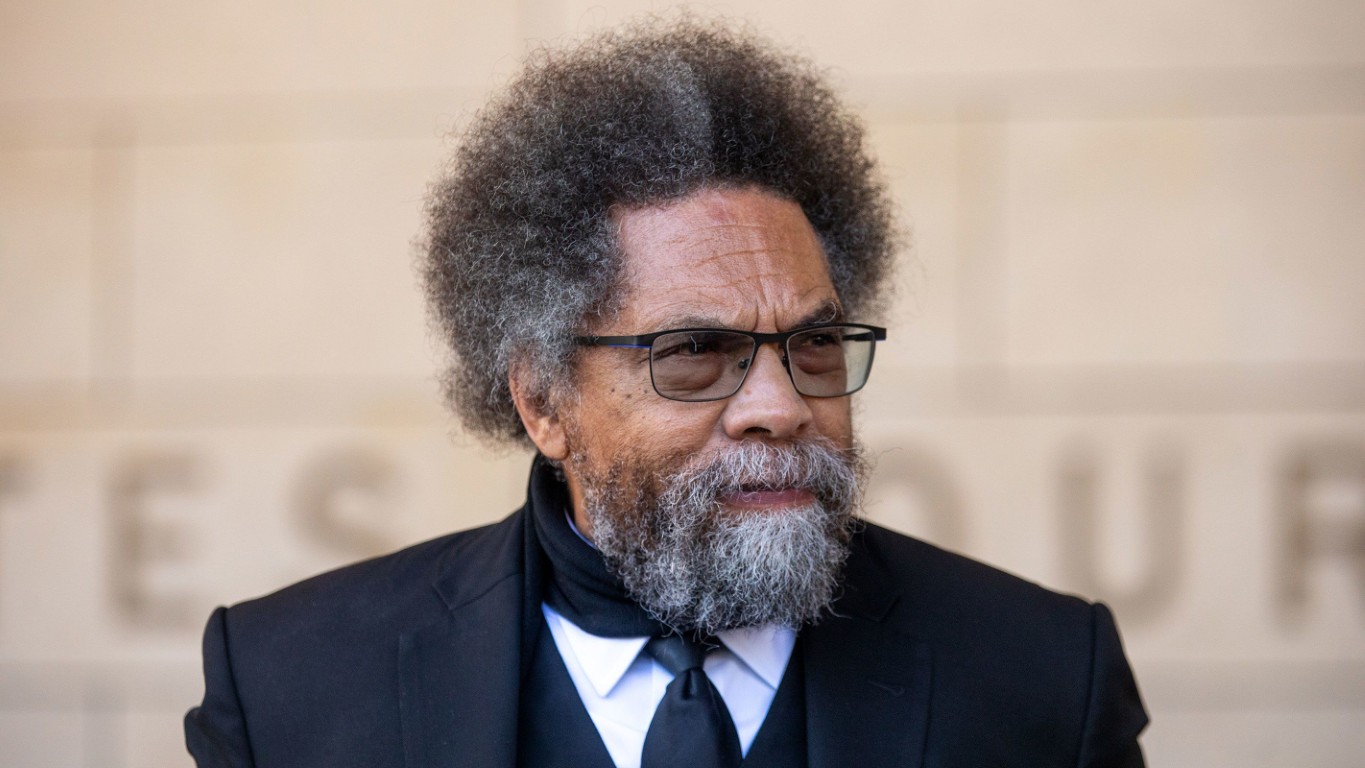


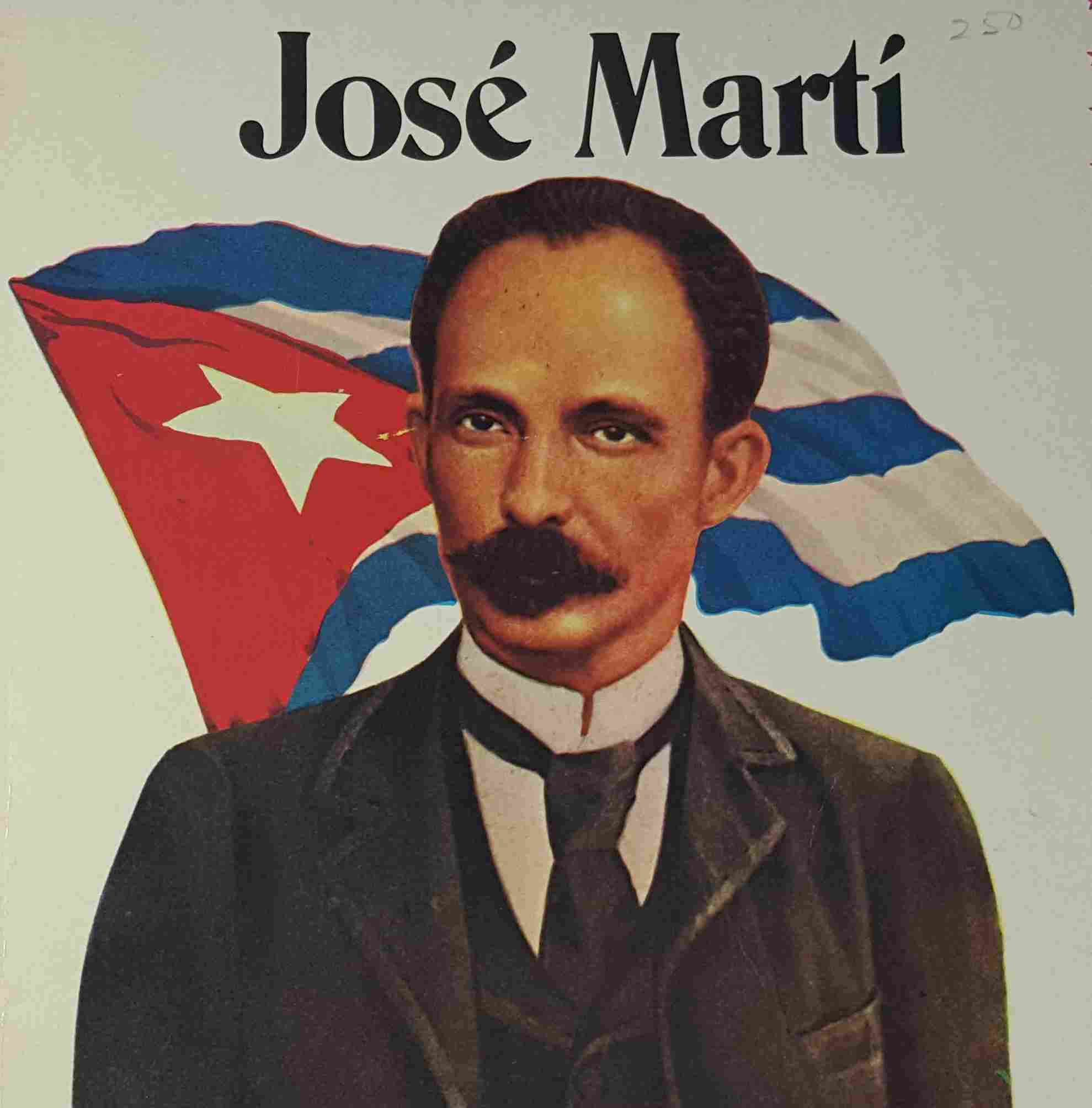
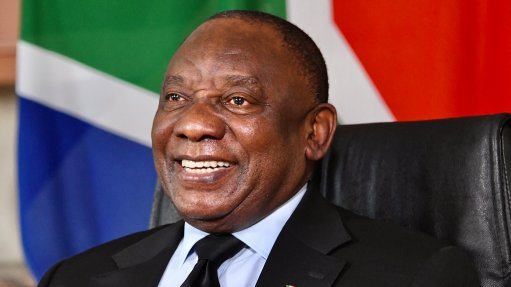


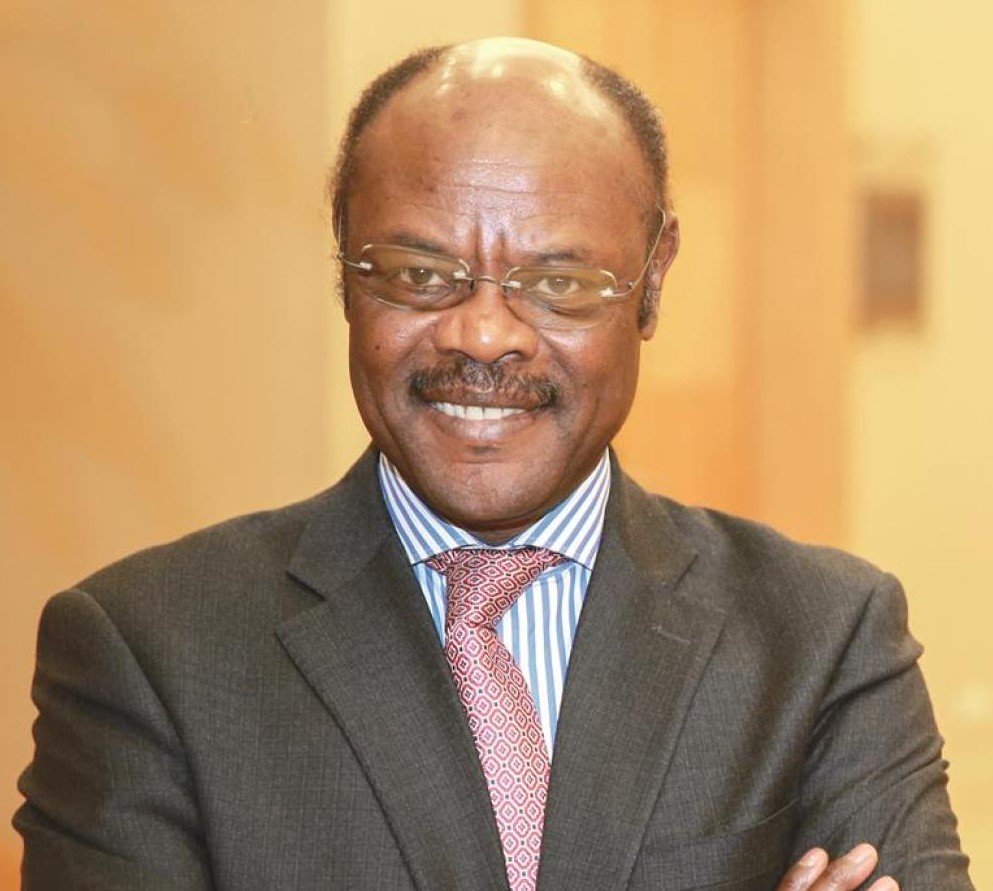

Share with your network